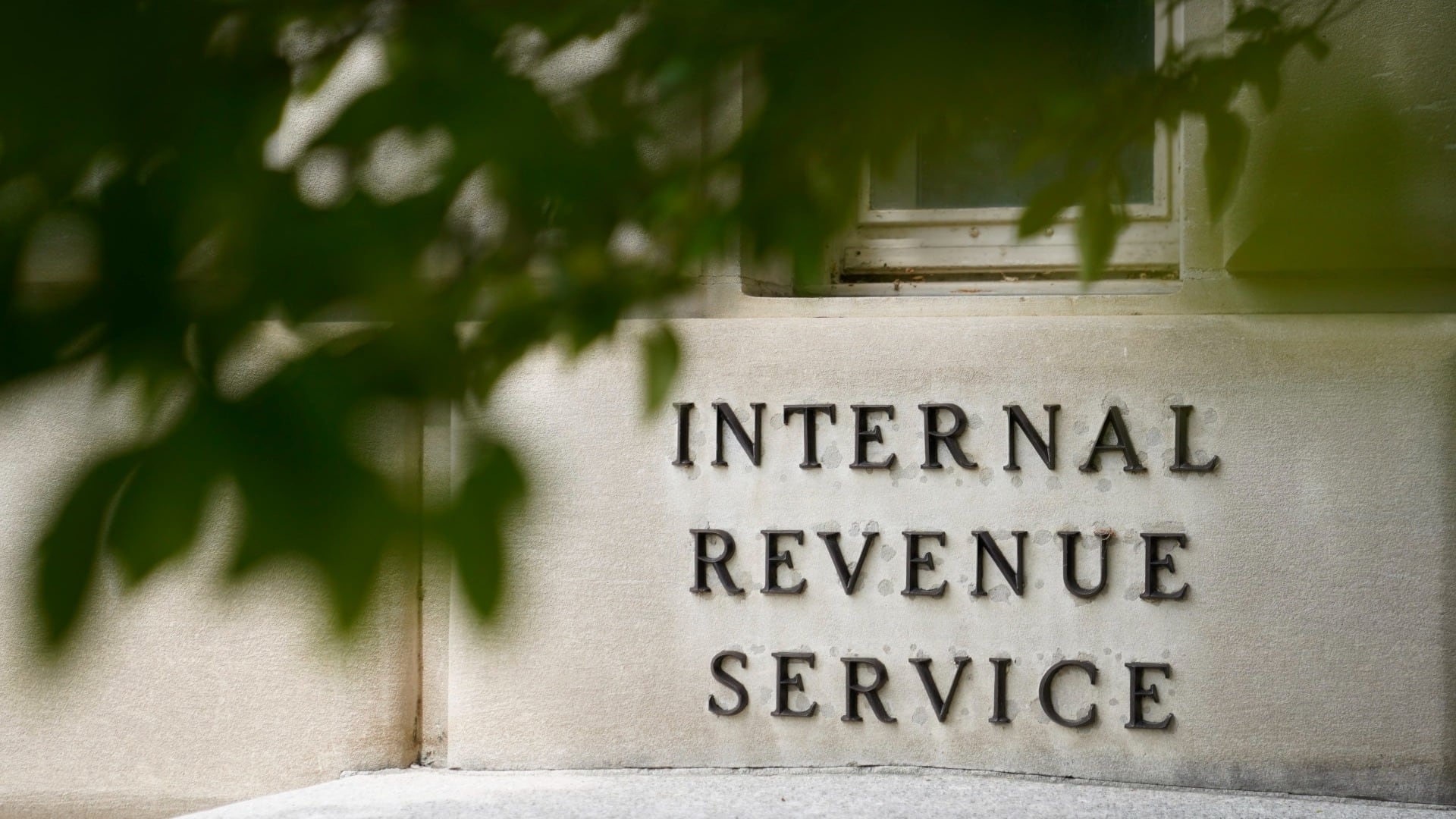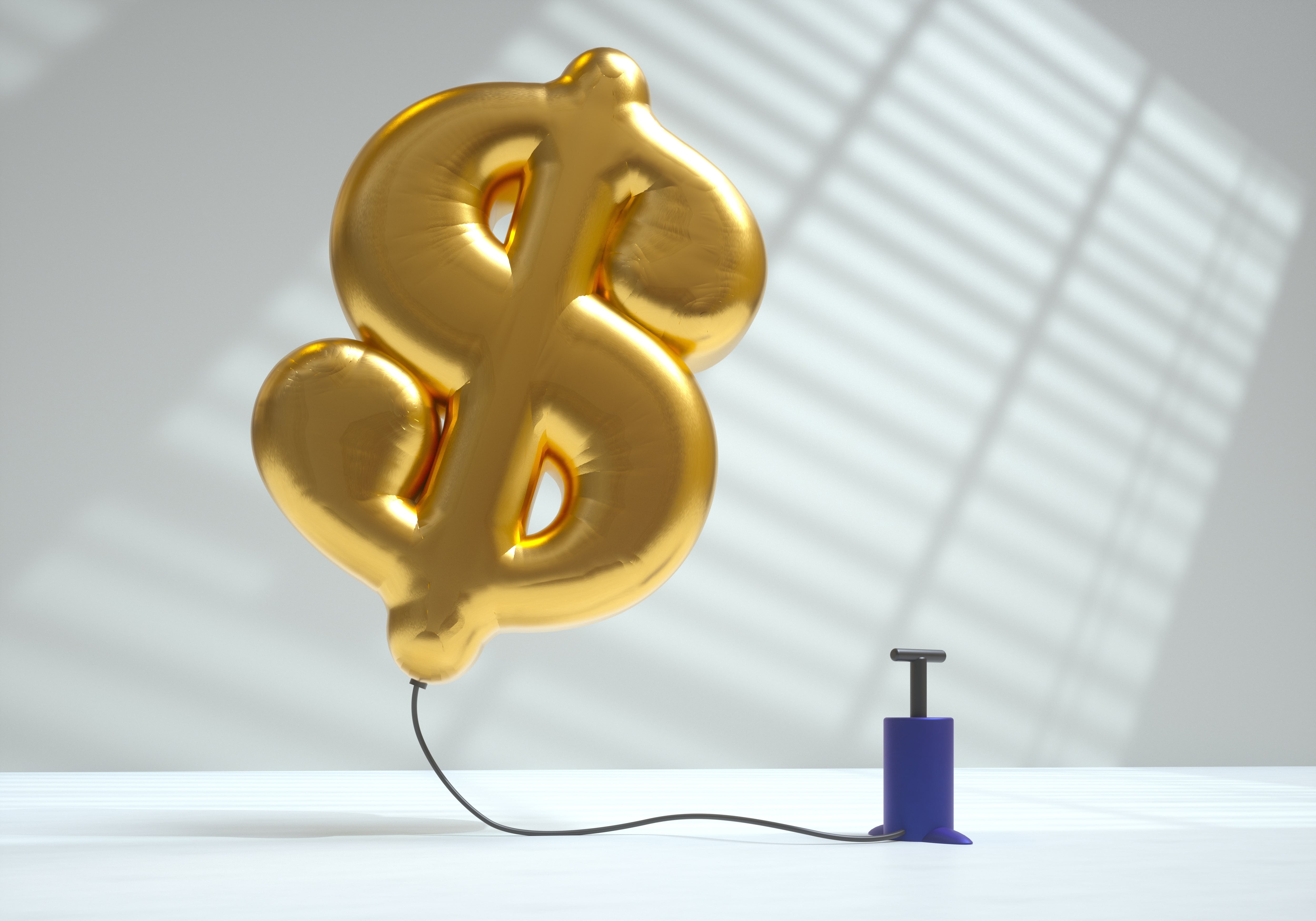By Damian J. Troise and Alex Veiga
Wall Street kicked off March with a broad rally Monday that sent the Dow Jones Industrial Average more than 600 points higher and gave the S&P 500 its best day in nine months.
The S&P 500 climbed 2.4%, clawing back nearly all of its losses from last week. More than 90% of the stocks in the benchmark index rose, with technology, financial and industrial companies powering a big share of the S&P 500's gains. Small company stocks also had a strong showing as they continue to outpace the broader market this year.
The wave of buying came as investors welcomed a move lower in long-term interest rates as U.S. bond yields declined after surging in recent weeks. The yield on the 10-year Treasury fell to 1.43% after reaching its highest level in more than a year last week.
Higher interest rates can slow the economy and discourage borrowing, so Wall Street gets jittery when there’s a big surge in rates.
“It moved really fast, the interest rate rise, and now it’s sort of leveling out so people are relieved that it’s not continuing to move up at a really fast pace,” said Tom Martin, senior portfolio manager with Globalt Investments.
The S&P 500 rose 90.67 points to 3,901.82, it's biggest single-day gain since June 5. The Dow gained 603.14 points, or about 2%, to 31,535.51. The tech-heavy Nasdaq composite climbed 396.48 points, or 3%, to 13,588.83.
Smaller company stocks continued to rally, a sign that investors are feeling more confident about the economy’s prospects for growth. The Russell 2000 index picked up 74.27 points, or 3.4%, to 2,275.32.
After a strong start to the month, stocks turned lower in the last couple of weeks of February after a sudden, rapid rise in bond yields fueled concerns about higher inflation. The yield on the 10-year Treasury note climbed as high as 1.5% last week, the highest level in more than a year, before easing Friday.
Bond yields, which can influence rates on mortgages and many other kinds of loans, have been steadily climbing this year, as investors bet that vaccination efforts and more government stimulus will lead to strong economic growth this year. However, along with strong economic growth comes concerns of inflation.
A handful high-level officials with the Federal Reserve will make speeches this week, which will give investors additional information on how concerned the nation’s central bank is about the economy and inflation. Lael Brainard, an advocate for looser monetary policies, will give a monetary policy speech on Tuesday and Fed Chair Jerome Powell will give a speech on Thursday.
Investors also had their eye on Washington Monday as a big economic stimulus bill advanced to the Senate. The House of Representatives approved Biden’s $1.9 trillion pandemic relief bill on Friday. The bill infuses cash across the struggling economy to individuals, businesses, schools, states and cities battered by COVID-19.
The stimulus bill would include yet another round of one-time payments to most Americans, including an expansion of other refundable tax credits like the child tax credit, and additional aid to state and local governments to combat the pandemic.
Johnson & Johnson rose 0.5% after the Food and Drug Administration gave approval for the company's own coronavirus vaccine, one that does not require extensive refrigeration like the ones made by Moderna and Pfizer.
Technology and financial companies made some of the biggest gains. Apple surged 5.4% and Citigroup rose 5.6%. Companies that rely on consumer spending also fared well. Etsy jumped 11% and cosmetics retailer Ulta Beauty gained 4.7%.
Industrial companies, including airlines beaten down by the virus pandemic, also helped boost the broader market. American Airlines rose 1.1%.
Investors will get several big economic reports this week, including February's jobs report on Friday. On Monday a report on manufacturing came in better than expectations, and new orders also came in better than expected.
Updated on March 1, 2021, at 5:07 p.m. ET.













